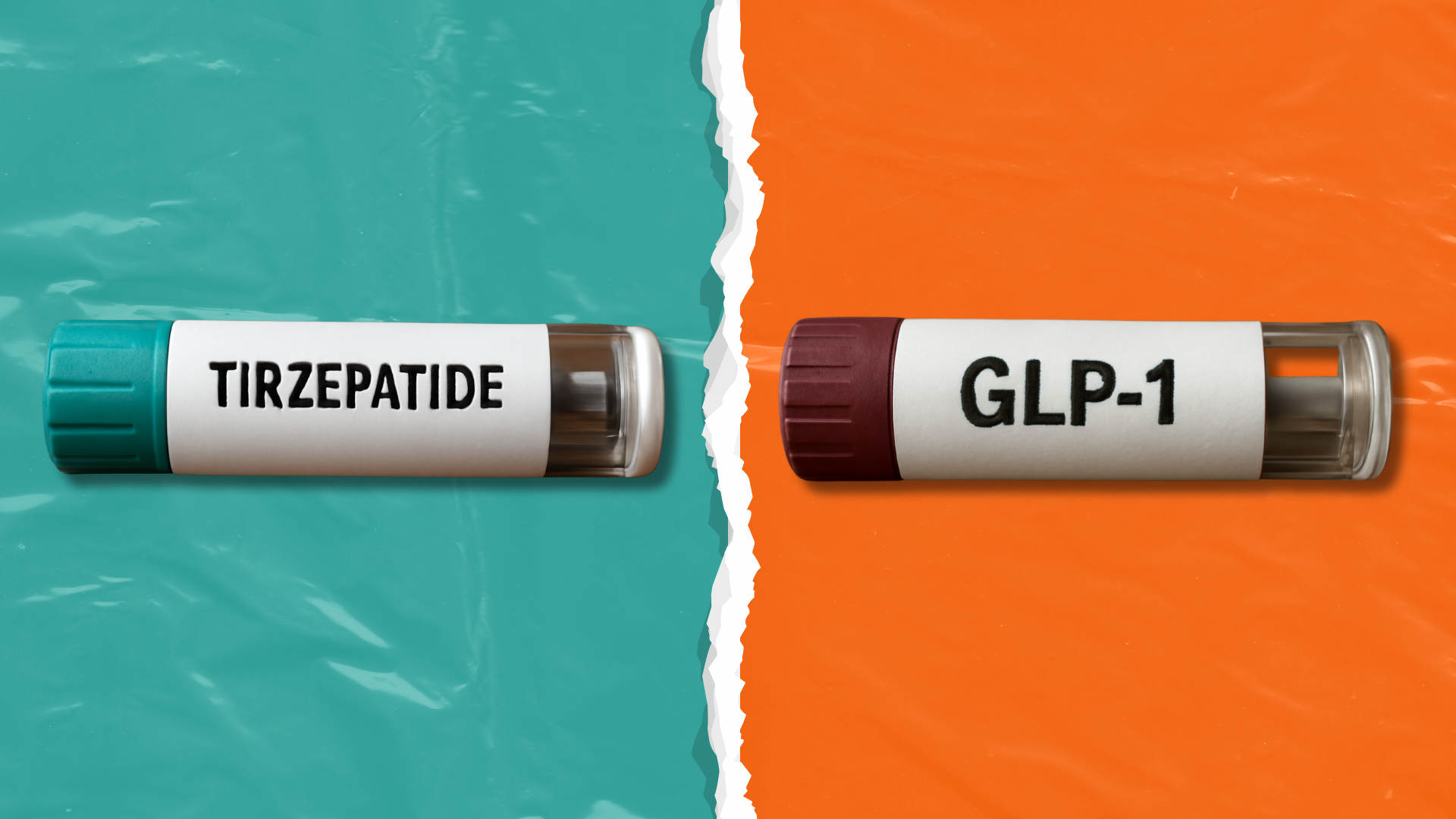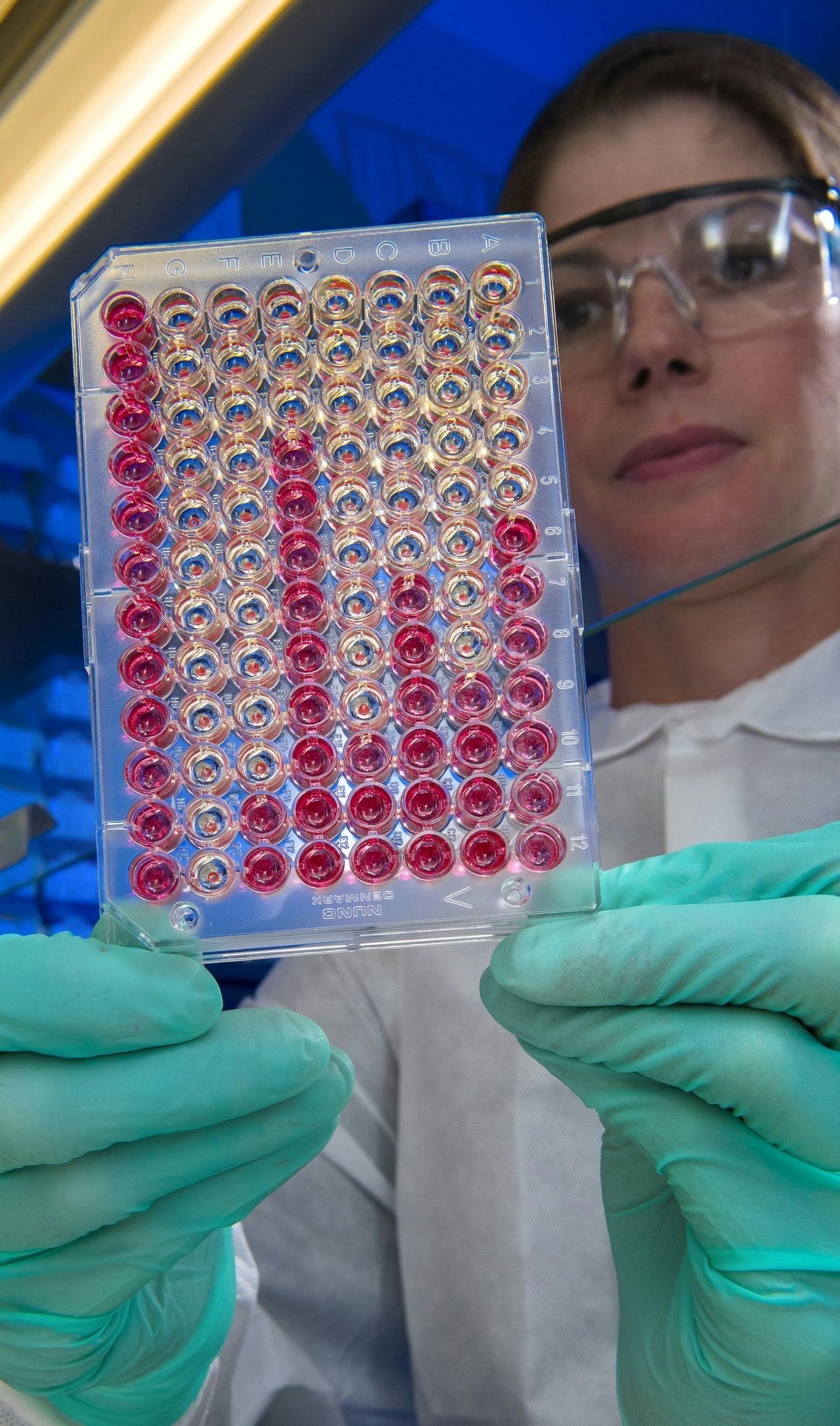A New Frontier in Healing Chronic Conditions
Inflammation is your body’s natural defense mechanism—essential for healing, but problematic when it becomes chronic. It’s at the root of countless health concerns, from joint pain and gut issues to autoimmune conditions. While many turn to medication for relief, a growing number of patients and clinicians are looking at stem cell therapy as a potential alternative or complement to more conventional treatments.
Here’s what we currently know—and what’s still being explored—about how stem cells may influence inflammation.

What Are Stem Cells?
Stem cells are the body’s raw materials—unspecialized cells capable of developing into many different types of tissue. What makes them especially promising in the context of inflammation is their ability to home in on damaged or inflamed areas and release signaling molecules that help regulate immune responses.
Mesenchymal stem cells (MSCs), in particular, are the subject of much current research. These cells are found in bone marrow, fat tissue, and other sources. They don’t just contribute to tissue regeneration—they also appear to
release anti-inflammatory compounds that may help calm an overactive immune system.

How Might Stem Cells Affect Inflammation?
While the exact mechanisms are still under investigation, studies suggest that MSCs may:
- Modulate immune cell activity, particularly by reducing the overproduction of inflammatory cytokines.
- Promote tissue repair by stimulating local cells and improving blood flow to damaged areas.
- Encourage anti-inflammatory environments by influencing macrophage behavior (key immune cells involved in healing).
Researchers have observed these effects in preliminary studies involving osteoarthritis, inflammatory bowel disease, and even certain autoimmune disorders. That said, results vary depending on the condition, delivery method, and the source of the stem cells used.

What the Research Says—So Far
Recent studies in both animal models and human subjects have produced encouraging, but not definitive, results. For example:
- In orthopedic settings, intra-articular injections of MSCs have been associated with reduced joint inflammation and improved mobility.
- In early trials for Crohn’s disease and ulcerative colitis, stem cell therapy showed potential in reducing inflammation markers and symptoms.
- Some research suggests MSCs may even help modulate systemic inflammation in patients with autoimmune disorders, though larger trials are needed to validate this.
The key takeaway? Stem cell therapy holds real promise—but it’s still an evolving field. Most researchers agree that while stem cells may help reduce inflammation in certain contexts, they are not a cure-all and should be considered within the broader scope of personalized care.

A Cautious but Hopeful Outlook
At ATX Infusion and Wellness, we emphasize informed decisions. While we offer regenerative services grounded in science, we also encourage clients to maintain realistic expectations. Stem cell therapy may offer a new tool in the fight against chronic inflammation, especially when conventional methods fall short—but it’s not a guaranteed fix for everyone.
Every patient’s condition is unique. That’s why consultations are so important—to determine whether you’re a good candidate and to discuss what current data supports.
Interested in Learning More?
If you’re managing chronic inflammation and want to explore advanced options beyond standard therapies, our team can help guide you through what’s available. Stem cell therapy may not be the right approach for everyone, but in the right hands, with the right condition, it could offer a new path forward.
To schedule a consultation or ask questions about your specific needs, contact ATX Infusion and Wellness.
















